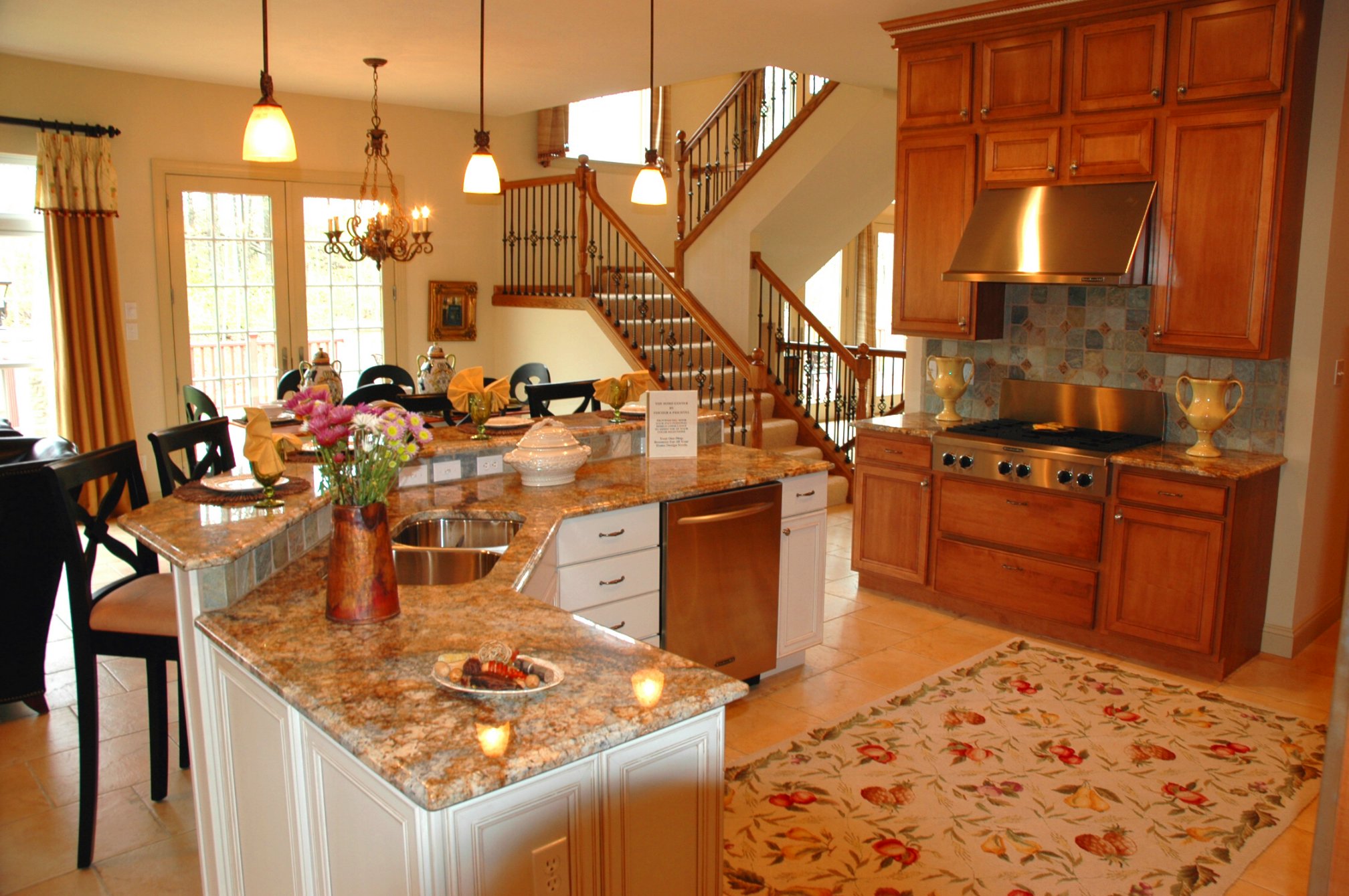In today’s saturated digital marketplace, generic stock images and uninspired visuals are no longer enough to make your business stand out. Your brand deserves custom photography that’s not only visually compelling, but also rooted in storytelling and tailored to your industry. One of the most overlooked ways to elevate your visual branding is through intentional location selection. At St Louis Locations, we help companies reimagine their business image through location-driven photography and video production that tells a story and leaves a lasting impression.
The Power of a Unique Setting
The backdrop of your brand images can communicate just as much as the subjects in the frame. A modern architectural exterior, a historic downtown corner, an industrial warehouse, or a quiet green space—each evokes different emotions and associations. When we select a location that aligns with your company’s tone, values, or service offering, your photography instantly gains context and meaning.
For example:
Tech startups might benefit from a clean, minimal office space or high-rise rooftop with skyline views to convey innovation and growth.
Law firms and financial institutions may be better represented by stately interiors, rich textures, or old-world exteriors that convey trust and experience.
Construction or logistics companies stand out best when photographed in their element—on job sites, near cranes, or alongside trucks and materials that demonstrate scale and capability.
Ideas for Unique Business Photo Concepts
Environmental Team Portraits
Move beyond the studio headshot. Photograph your leadership or team members in action—inside your workspace, consulting clients, or engaged with your product. Location-based portraits humanize your brand while still looking professional and polished.
Sunrise or Night Shoots
Time of day plays a huge role in visual appeal. A sunrise glow or a carefully lit nighttime shoot can turn an ordinary location into something cinematic. We often recommend golden hour shoots for industries that want warmth and approachability, and nighttime lighting setups for businesses looking to project sophistication or modernity.

Texture and Contrast
A brick alleyway. A glass conference room. A rough steel staircase. These elements add visual intrigue. When layered behind people or products, they help guide the viewer’s attention and enhance composition. Choosing unexpected materials or juxtaposing textures with your subject can make an otherwise simple shot pop.
Seasonal or Weather-Enhanced Scenes
Snow, fog, rain reflections, or autumn leaves can enhance mood and storytelling. With careful scheduling and the right equipment, we can use natural conditions to bring a touch of the extraordinary to your business visuals—without the cost of special effects.
Drone Perspectives
Show off your facilities, campus, or scale of operations with aerial shots. Drone photography—especially when done creatively indoors or around complex locations—adds drama and provides a comprehensive view of your business footprint.
On-Site Product Use
For service-based or industrial businesses, showing your product in a real-life environment can educate and engage simultaneously. If you sell heavy machinery, photograph it in use on a build site. If you offer catering services, show your team setting up at a local venue. This “lived-in” approach makes your brand more tangible.
Location-Themed Branding Videos
Turn your location shoot into a branded short video. A quick, compelling 30-second edit combining drone shots, team interviews, and candid behind-the-scenes footage can provide dynamic content for your homepage, social feeds, and sales presentations.
Why Location Scouting Is the Key to Authenticity
At St Louis Locations, we do more than just find a pretty spot—we scout locations that reflect your business personality and help you tell a story. We manage permits, access logistics, and even supply props or set pieces as needed. Whether your goal is to project professionalism, warmth, grit, or scale, we find the space that supports that vision.
Why Choose St Louis Locations?
At St Louis Locations, we’ve been crafting exceptional location-based video and photography since 1982. As a full-service professional commercial photography and video production company, we bring the right equipment and a creative crew with decades of service experience to every project. Whether on-location or in our fully equipped studio, we provide everything from image capture and drone operation to editing and post-production.
We customize your shoot to match your media needs, repurpose your existing assets for more traction, and expertly manage all file types and software compatibility. Our lighting and visual setups are ideal for small interview productions, and our studio is spacious enough to include props and build out branded environments. We even offer specialized indoor drone capabilities for uniquely dynamic visuals.
From creative direction and planning to execution and final delivery, St Louis Locations supports every element of your production—ensuring your next marketing effort doesn’t just look good but stands out with impact.
Let’s collaborate and scout your next great visual story.
Haller Concepts, Inc.
Mike Haller
4501 Mattis Road
St. Louis, MO 63128
stlouislocations@gmail.com
Studio 314-892-1233
Cell 314-913-5626
